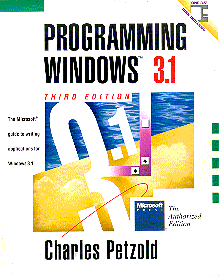Respecting, versus defending, free speech
In my reading of this letter from an NYU administrator, NYU decided to allow the event, with the unveiling, despite the protests of Muslim groups (in the interest of free speech), but chose to exclude the general public in order to minimize the security risk. For this stated logic, I do not fault NYU. NYU may have security guards, but I doubt they employ an anti-terrorism security force. They have a responsibility to allow free speech, but it is not their job to physically defend it at all costs. Rather, they have an overriding responsibility to ensure the basic safety of persons on their property. This responsibility is real and objective, it is not "cowardice."
Could they have asked for police or National Guard protection of the event? That would be an interesting question for Mr. Beckman.
Or did NYU already have sufficient security? I read that a metal-detector was used. But the issue of sufficient security is a technical, not philosophical, question.
Update: I've been pointed to this quote of NYU policy, which promises NYU will pay for "extraordinary security measures" at speaking events. This is a key fact in the whole issue, and I wish it were explicitly mentioned in the latest ARI press release, because it is required to prove the allegation that NYU's reference to security concerns were mere "pretense".
Could they have asked for police or National Guard protection of the event? That would be an interesting question for Mr. Beckman.
Or did NYU already have sufficient security? I read that a metal-detector was used. But the issue of sufficient security is a technical, not philosophical, question.
Update: I've been pointed to this quote of NYU policy, which promises NYU will pay for "extraordinary security measures" at speaking events. This is a key fact in the whole issue, and I wish it were explicitly mentioned in the latest ARI press release, because it is required to prove the allegation that NYU's reference to security concerns were mere "pretense".




